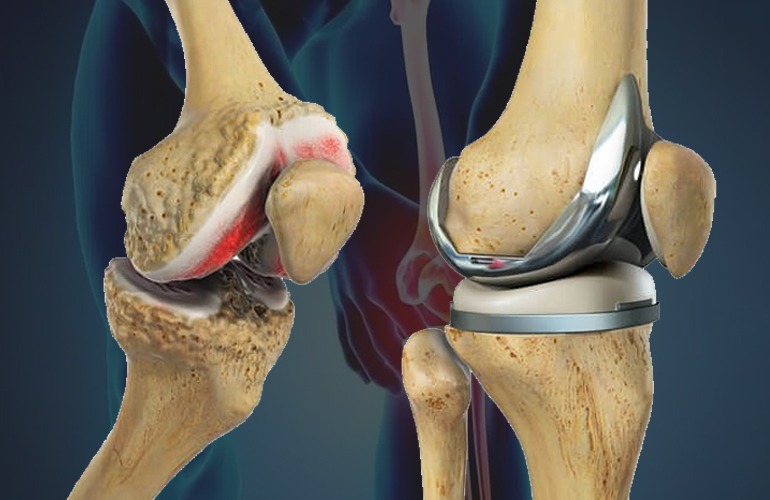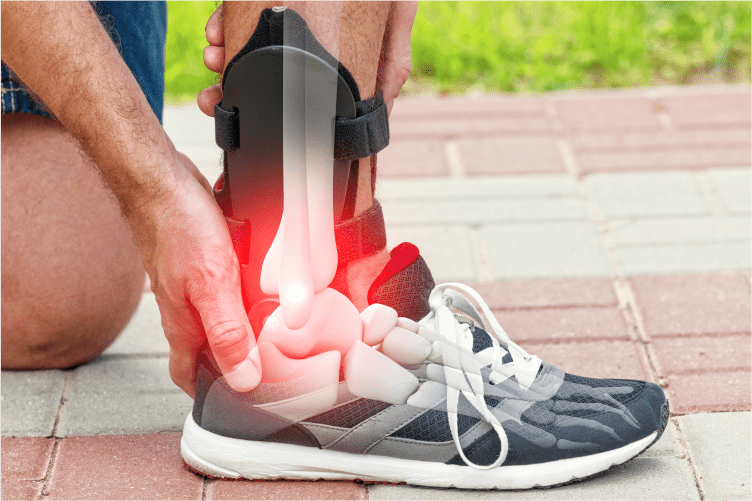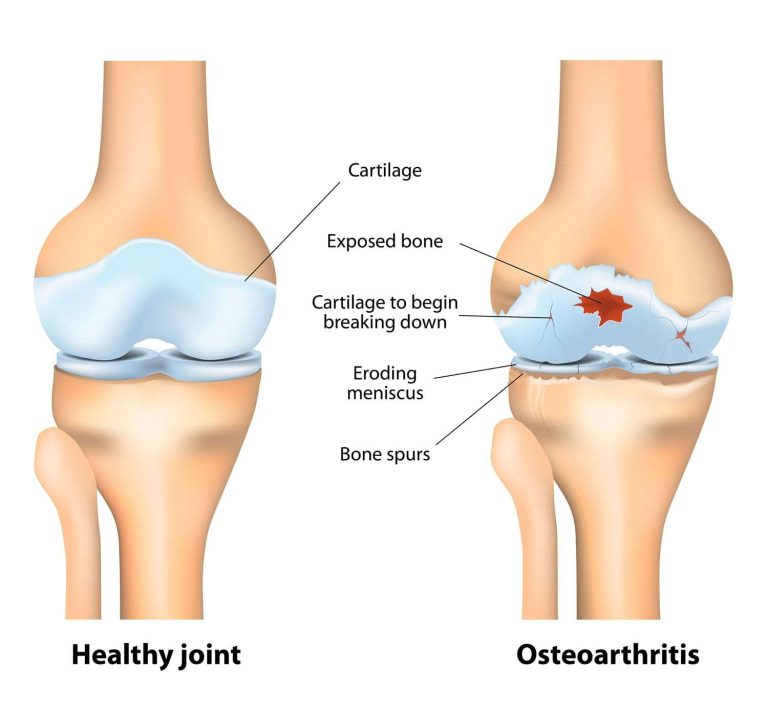How important is joint replacement surgery when your daily life is disrupted by pain and limited movement? If you’re someone who’s been struggling to walk, climb stairs, or even perform simple tasks without discomfort, you’re not alone. Many people face joint-related issues that significantly affect their quality of life.
But here’s the good news: joint replacement surgery has changed countless lives by restoring mobility and bringing back the freedom to move. If you’re considering whether this procedure is the right step for you, this blog will walk you through every essential aspect and help you make an informed decision.
We’ll explore what joint replacement surgery actually involves, how it helps relieve pain, its different types, the risks, the latest advancements, and why post-surgery rehab is just as important. DR.G.K BONE AND JOINT CENTRE–best joint replacement surgery clinic in South Bangalore could be the right step toward reclaiming your active life.
WHAT IS JOINT REPLACEMENT SURGERY?
Joint replacement surgery is a medical procedure where a damaged joint is replaced with a prosthesis or artificial implant. This procedure is typically recommended when the joint has been severely damaged by arthritis, injury, or other degenerative conditions. The artificial joint is designed to mimic the movement and function of a natural joint, allowing you to move freely and painlessly.
RESTORING MOBILITY AND RELIEVING PAIN-
One of the primary benefits of joint replacement is the dramatic reduction in pain. Chronic joint pain can limit your ability to work, exercise, or even enjoy social activities. With procedures like knee replacement, hip replacement, and shoulder replacement, many patients report a complete transformation in their daily lives. Not only do they regain movement, but they also rediscover the joy of everyday moments such as morning walks to playing with grandchildren.
TYPES OF JOINT REPLACEMENT SURGERY-
Joint replacement isn’t limited to just knees or hips. In fact, there are several types of joint replacement surgeries available depending on the joint that’s been damaged due to arthritis, injury, or long-term wear. Here are the most common ones:
1. KNEE REPLACEMENT SURGERY-
One of the most frequently performed joint replacements, knee replacement surgery at DR.G.K BONES AND JOINT CENTRE- best orthopaedic clinic near jayanagar, bangalore involves removing the damaged cartilage and bone from the surfaces of the knee joint and replacing them with artificial components. These implants are designed to mimic the natural motion of the knee, making walking and bending easier and pain-free.
There are two types:
- Total Knee Replacement (TKR) -The entire joint surface is replaced.
- Partial Knee Replacement (PKR)-Only the damaged part of the knee is replaced.
2. HIP REPLACEMENT SURGERY
A hip replacement involves replacing the ball-and-socket joint with a prosthetic implant. This is typically done when arthritis or injury leads to chronic pain and reduced mobility.
Like knees, hip replacements can be:
- Total Hip Replacement-Both the acetabulum (hip socket) and femoral head (top of the thigh bone) are replaced.
- Partial Hip Replacement-Only the femoral head is replaced; common in certain hip fractures.
3. SHOULDER REPLACEMENT SURGERY
The shoulder joint, though less commonly replaced, plays a critical role in upper body mobility. This surgery becomes necessary when there’s severe arthritis, rotator cuff damage, or shoulder fractures.
Types of shoulder replacements:
- Total Shoulder Replacement– Replaces both the ball and socket of the shoulder.
- Reverse Shoulder Replacement-Used when rotator cuff muscles are severely damaged. The position of the joint is reversed to enable movement.
RISKS AND COMPLICATIONS OF JOINT REPLACEMENT SURGERY-
Like any surgical procedure, joint replacement comes with some risks. However, with modern techniques and proper care, these risks are minimal. Possible complications include:
- Infection at the surgical site
- Blood clots
- Implant loosening or wear over time
- Nerve damage
It’s essential to discuss these risks with your surgeon and follow all pre and post operative guidelines to ensure the best outcome.
ADVANCEMENTS IN JOINT REPLACEMENT SURGERY-
Joint replacement has come a long way in the last decade. Thanks to technological innovations, surgeries today are less invasive, more precise, and have quicker recovery times. Techniques like computer-assisted surgery and 3D-printed implants ensure a better fit and function. Additionally, enhanced pain management strategies have made post-operative recovery far more comfortable.These advancements have made procedures safer, more effective, and accessible to a broader age group.
WHEN IS IT TIME FOR JOINT REPLACEMENT?
Many people hesitate to go for surgery, hoping medications or rest will eventually solve the issue. But there are signs you shouldn’t ignore:
- Chronic pain that affects daily tasks
- Stiffness in joints that limits motion
- Difficulty walking, climbing stairs, or even sitting and standing
- Failed results from non-surgical treatments
- Joint deformity or visible swelling
FAQ’s-
1. How long does recovery take after joint replacement surgery?
-Recovery can vary depending on the joint replaced, but most patients return to normal activities within 6 to 12 weeks.
2. Is joint replacement permanent?
-Modern implants are designed to last 15-20 years or more with proper care.
3. Can younger people undergo joint replacement?
-Yes, especially with modern advancements. However, the need for revision surgery later in life may increase.
4. Is the procedure painful?
-Pain is managed effectively with modern anesthesia and post-operative care.
CONCLUSION-
In summary, joint replacement surgery is a life-changing procedure that has helped millions regain their freedom of movement and live pain-free. From knee and hip replacements to shoulder surgeries, the goal remains the same which’s to help you enjoy a better quality of life.
When it comes to trusting your health with experts, DR.G.K BONE AND JOINT CENTRE-best orthopaedic clinic near jp nagar, bangalore stands out. With experienced orthopedic surgeons, state-of-the-art facilities, and personalized care, we ensure you receive the highest standard of treatment. Book your consultation with us now!




